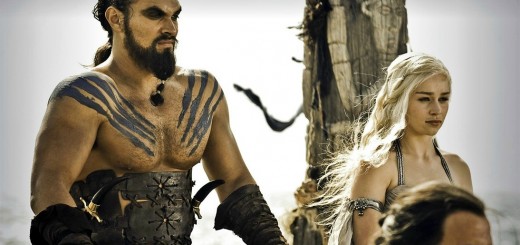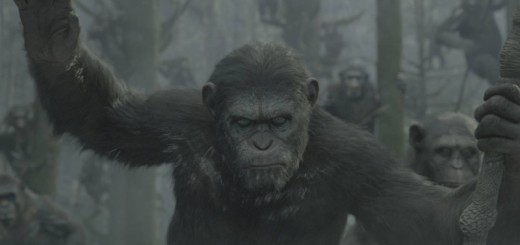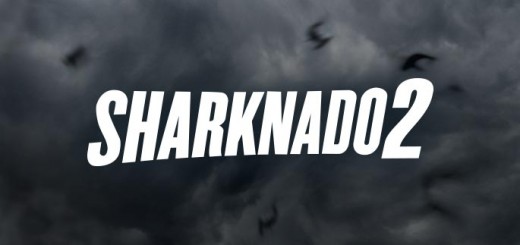Damon Lindelof Promises You His New Show Won’t End Like “Lost”
For many people, the name of Damon Lindelof doesn’t ring a bell. But his brainchild, “Lost”, surely does. And not just bells.
“Lost” ‘s ending is one of the most controversial ones of all time, and many people didn’t like it. Well, that’s putting it mildly; many people hated it. The backlash for Damon Lindelof, the show’s show runner, wasn’t very good. After four years, he’s coming back with a new show, called “Leftovers”, premiering later this month on HBO. You can watch the trailer below:
Lindelof gave a lengthy interview to the New York Times, where you can see how he coped with all the reactions to Lost, and how he’s planning his future on television. It’s a great lengthy read; and here’s a part of it to get you started:
“Lost” was both a critical and a popular hit when it debuted in 2004. The show began with an irresistible premise — a planeload of people are stranded on a mysterious island — then piled on the clues, red herrings, misdirection, blind alleys and smoke monsters. Six seasons later, when the much-anticipated, much-podcasted, much-blogged-about final episode finally arrived, Lindelof and his fellow show runner, Carlton Cuse, felt they had brought the series to a satisfying close. The show’s main character, Jack, dies while saving the world, and there was a well of light, and also the afterlife. The show’s most vocal fan contingent was not pleased. After the finale, they took to Twitter, where Lindelof was an active and lively presence, to tell him how he ruined their favorite show and wasted six years of their lives. Critics similarly decimated Lindelof and Cuse; one declared that “Lost” “ended in the worst way possible.” George R. R. Martin, author of the “Game of Thrones” novels and a co-executive producer on their HBO adaptation, summed up the magnitude of the disappointment when he told The New Yorker his biggest fear in ending his own series: “What if I do a ‘Lost’?”
Lindelof was devastated. He’s a zealous consumer of culture writing, and those critics who blasted “Lost” were ones he otherwise respected and agreed with. He tried not to care, to remember that he loved the ending and maybe that’s all that should matter. “But it’s like no, that’s not all that should matter,” he says. “I didn’t make the [finale] up in my head and sit in my room and basically weep and applaud myself for having designed this great TV show in my brain. I put it out on the airwaves for millions and millions of people to watch, with the intention of having all of them love it, and understand it, and get it.”
Head over to the NY Times to rest the rest of the interview.










